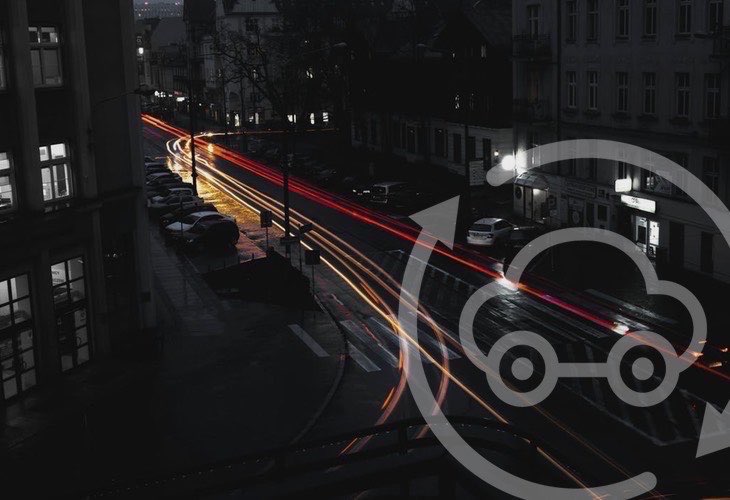Planning to rent a car in Greece and explore its beautiful landscapes and historical sites? Before you hit the road, it's important to familiarize yourself with local traffic rules, fines, and road police practices.
Traffic Rules in Greece
- In Greece, you must drive on the right-hand side of the road.
- Seat belts are mandatory for all passengers, both in the front and rear seats.
- Using a mobile phone while driving is prohibited, unless you use a hands-free device.
- Children under 12 years old фтв under 135 cm (4 feet 5 inches) tall must travel in an appropriate child restraint system.
- Headlights must be used during nighttime, and in tunnels or during inclement weather. Dipped headlights are recommended during daytime hours.
- The legal blood alcohol limit is 0.05% for experienced drivers and 0.02% for novice drivers (less than two years of experience).
- Greece uses a combination of international and national traffic signs. Pay attention to signs indicating priority roads, parking restrictions, and pedestrian zones.
Speed limits in Greece
- Urban areas: 50 km/h (31 mph)
- Non-urban roads: 90 km/h (56 mph)
- Expressways: 110 km/h (68 mph)
- Motorways: 130 km/h (81 mph)
Fines in Greece
Fines for traffic violations are charged in Euros (EUR). The following are approximate fines for common violations:
- Speeding: €40 to €350, depending on the severity of the offense
- Not wearing a seat belt: €80
- Using a mobile phone while driving: €100
- Parking violations: €40 to €200, depending on the violation
- Running a red light: €200
- Drunk driving: €200 to €2,000, along with possible suspension or revocation of the driver's license
- Children without child seats: €80
Fines can be paid at a local police station or traffic department within 10 days. Some fines can be reduced by 50% if paid within five days.
Road Police in Greece
Greece has an extensive network of traffic cameras that monitor speed limits and traffic violations. Road police are also present on major highways and in urban areas, conducting random checks and enforcing traffic rules. If you are stopped by the police, be polite and cooperative. You may be asked to provide your driver's license, passport, and vehicle registration documents. In case of an accident, call the police at 100 or the European emergency number, 112.






